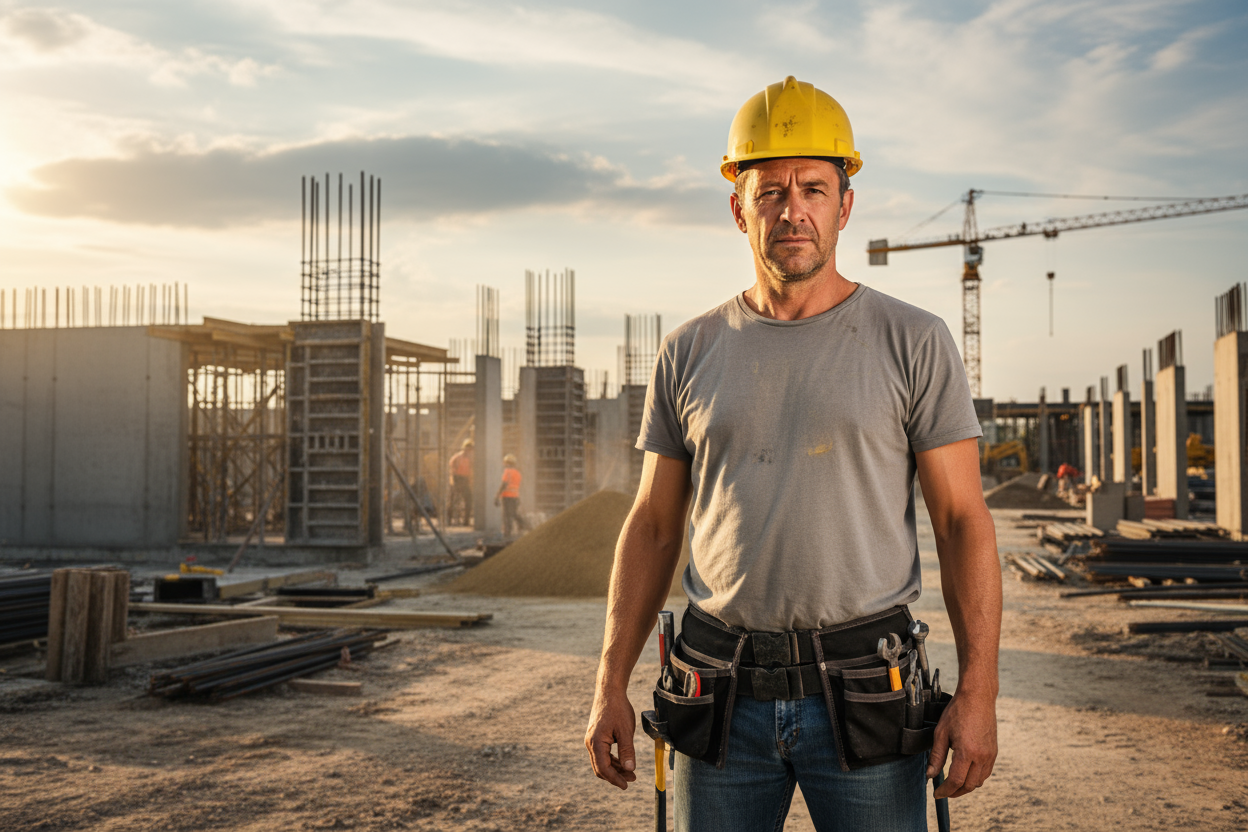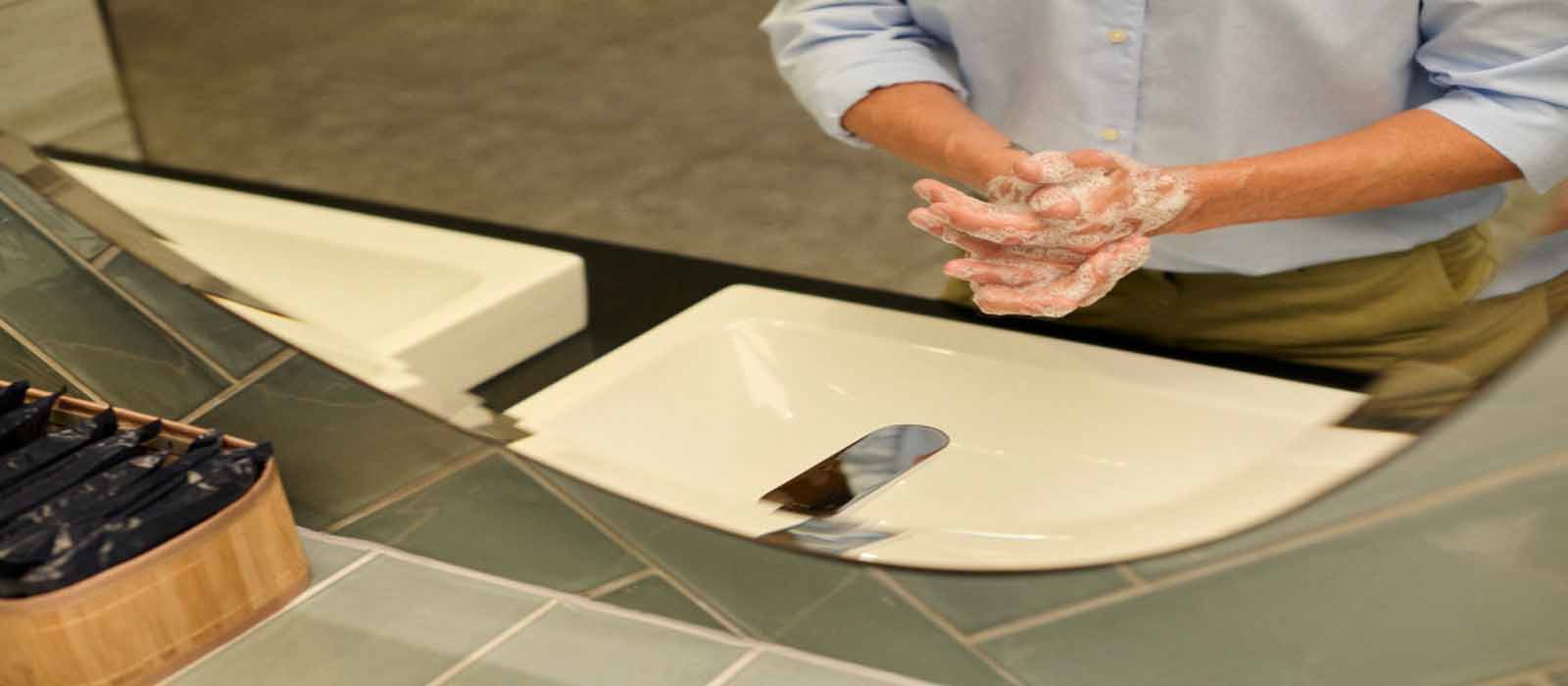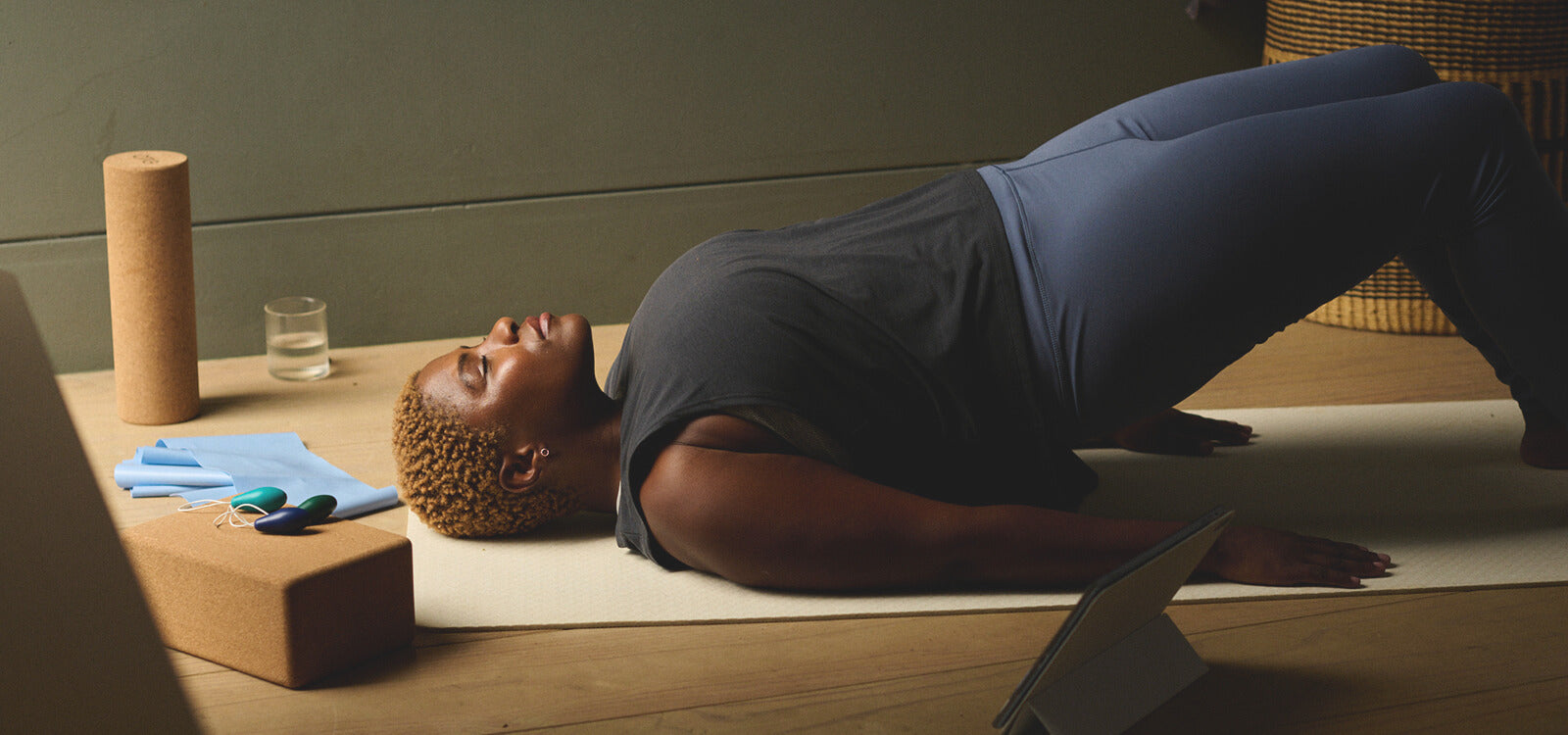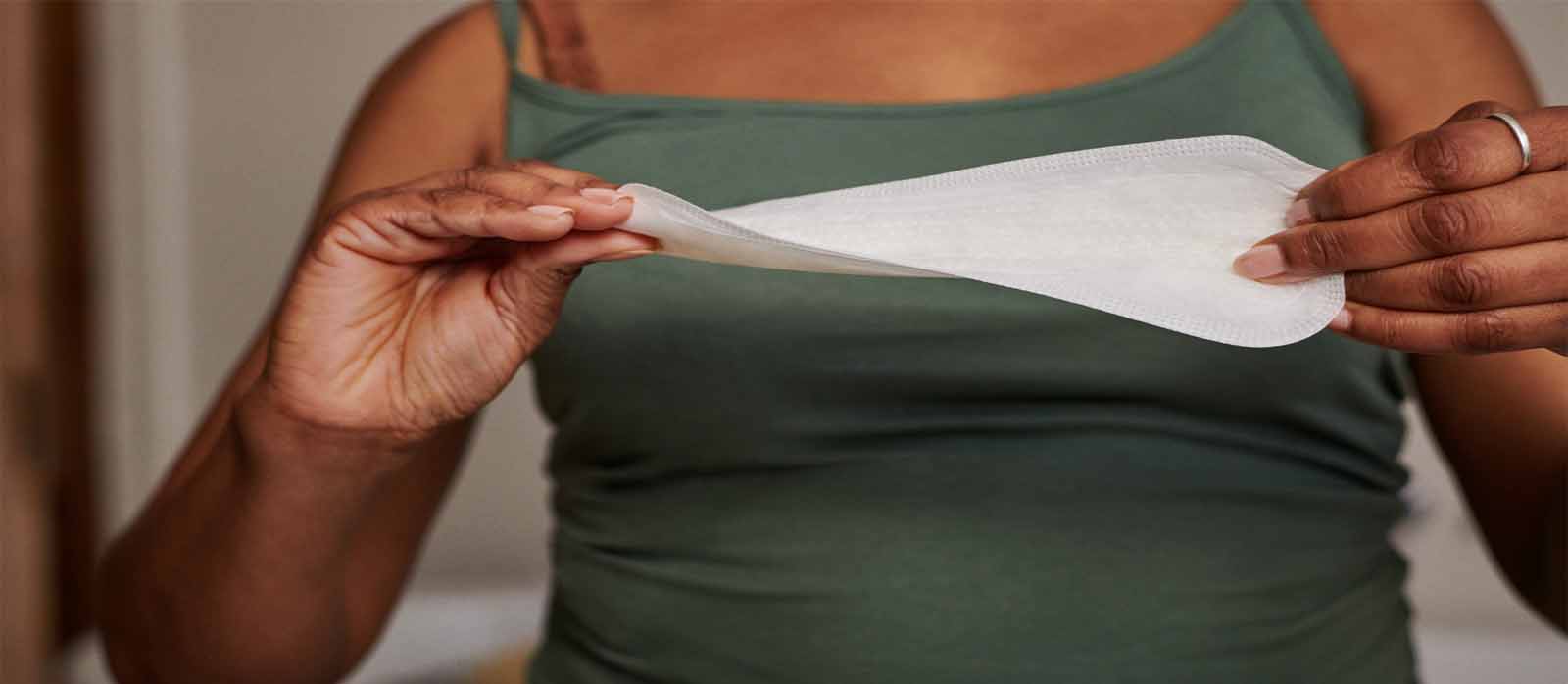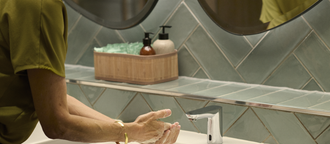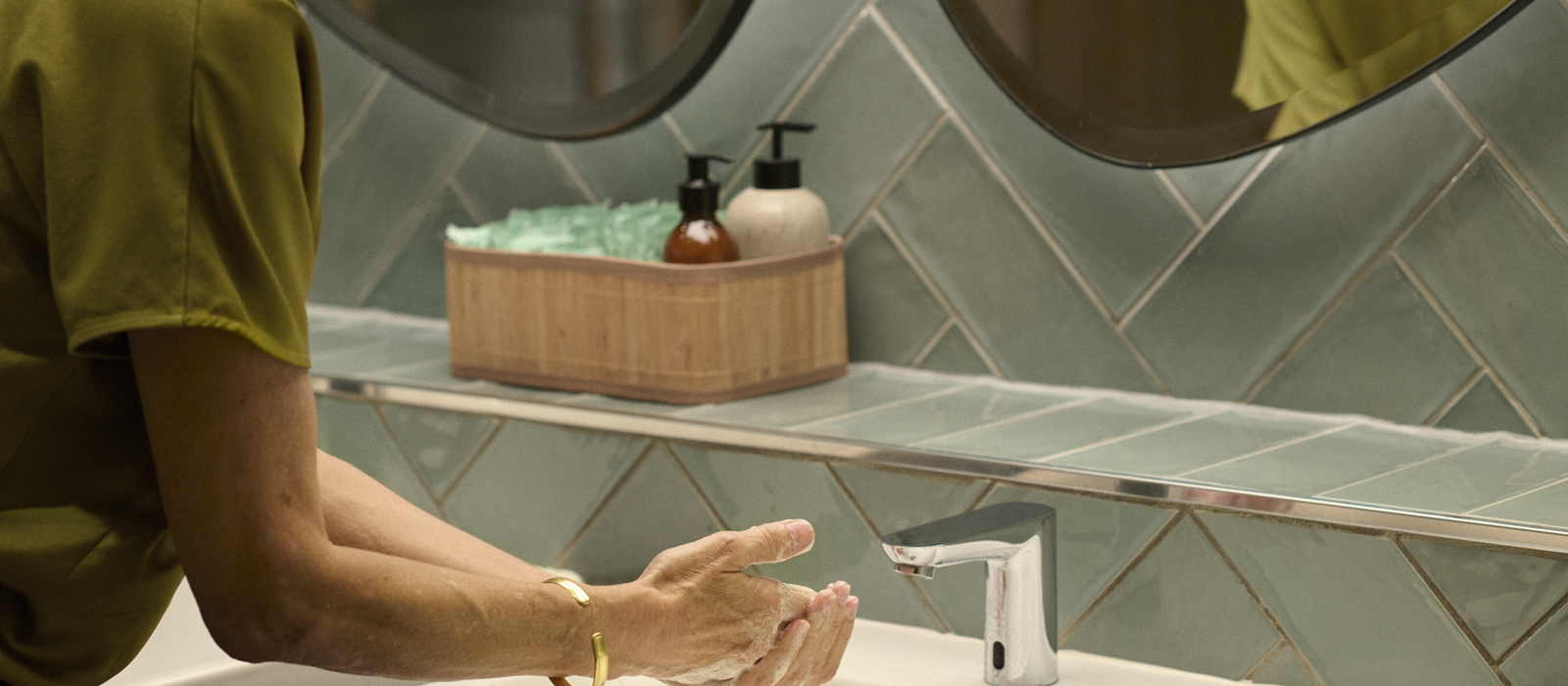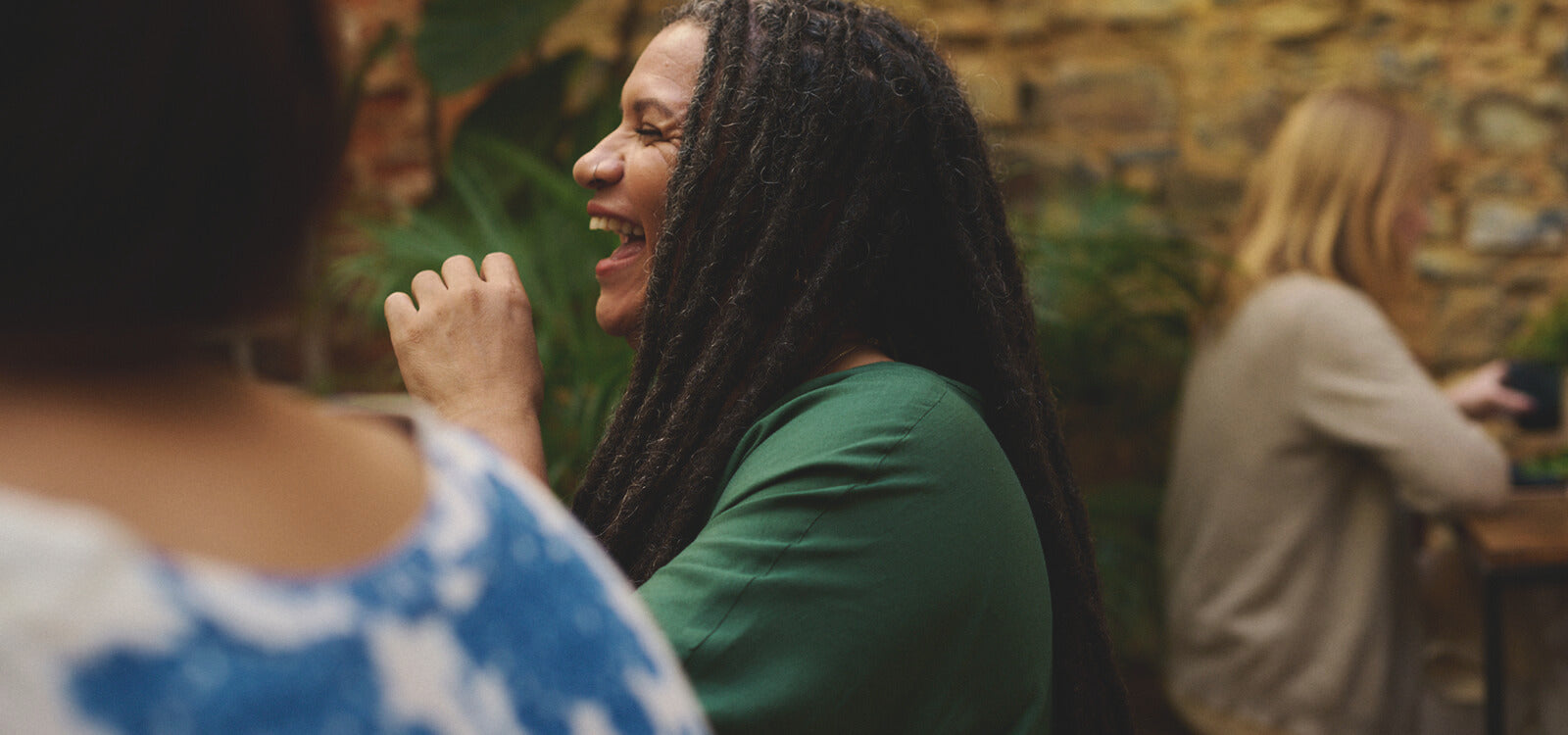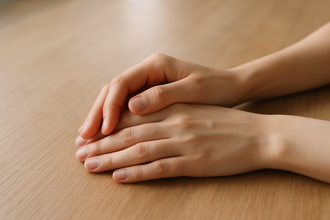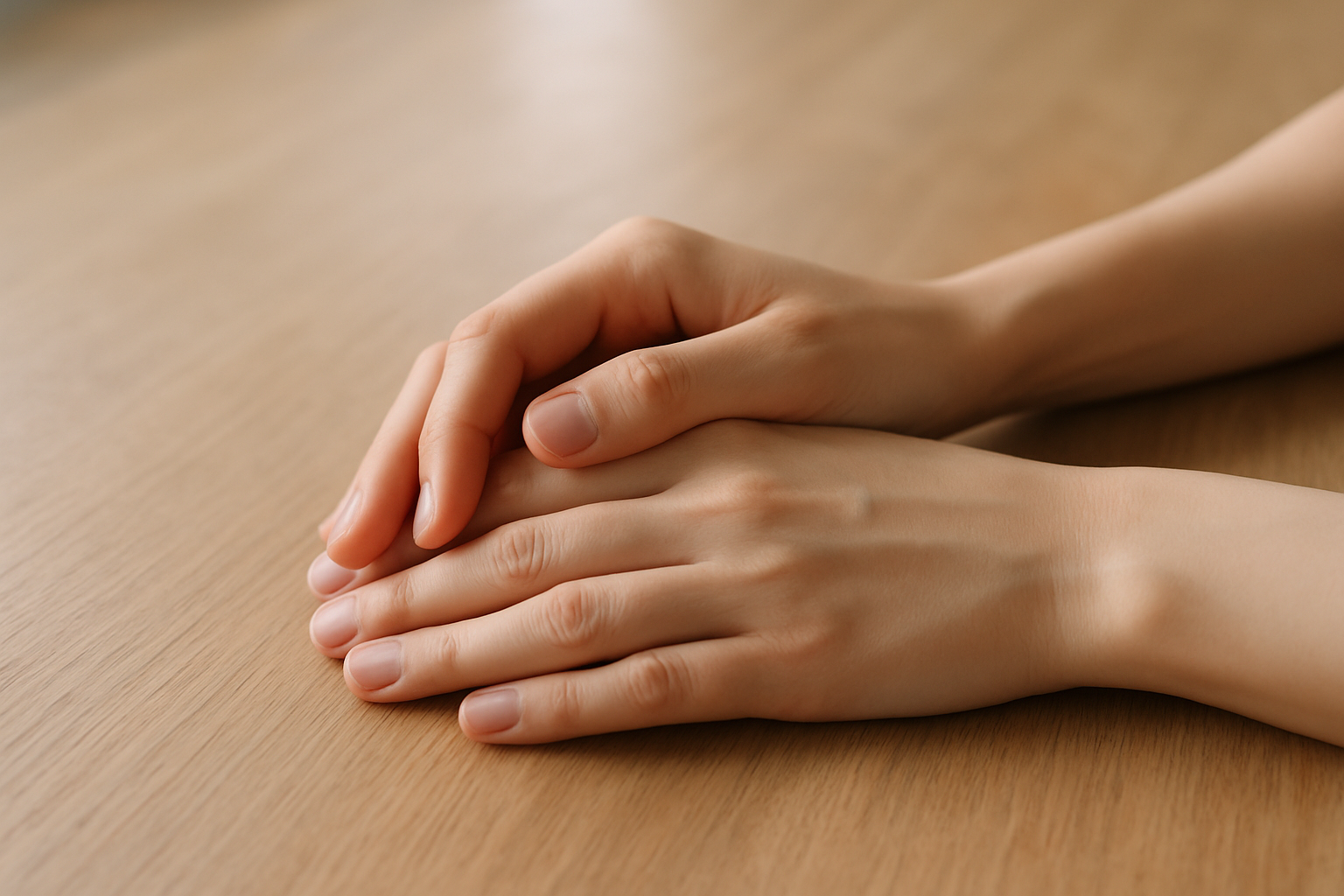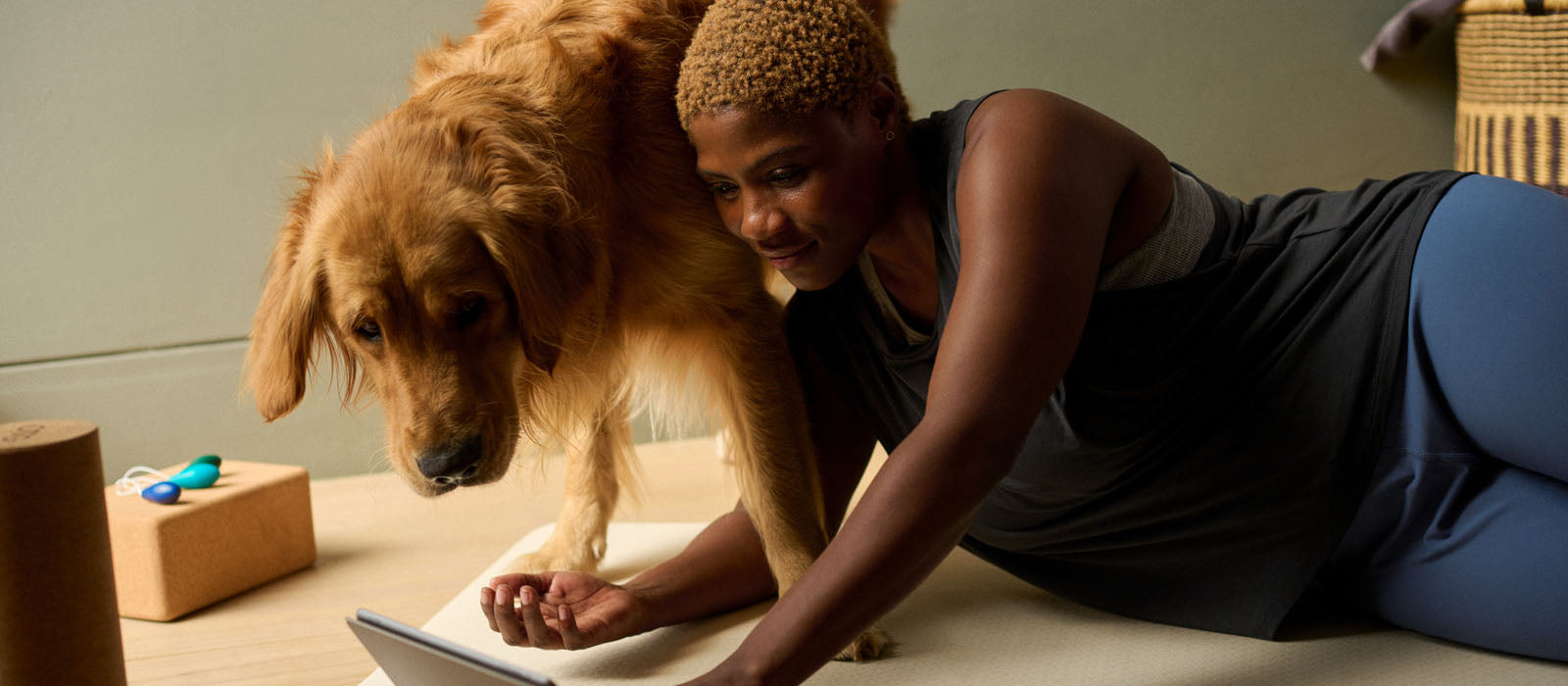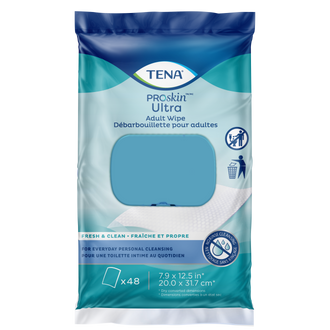Oct 24, 2025
Life after bladder cancer surgery could come with a lot of emotions and uncertainty. It’s completely normal to feel this way; or to search for ideas that make recovery a little easier.
So, let’s dive into some practical tips that could help you manage side effects and feel more confident in your healing journey.
What to Expect Immediately After Surgery
While each person’s experience is unique, recovery time for bladder cancer surgery in the hospital could last from a few days to a few weeks, depending on the type of procedure.1
Some people may have part, or all of their bladder removed, while others may need reconstructive surgery to help them pee.2
In the first days after surgery, it’s normal to see drains, drips, or a catheter in place; these support healing and are only temporary.1
You may also feel sore or find it harder to move around on your own.1 Don’t worry, your care team will guide you through each step and help manage pain, so recovery feels a little easier over time.1
Common Side Effects and How to Manage Them
Fatigue and healing time
After a major procedure like bladder cancer surgery, your body needs time to heal and adjust.3 Recovery might feel slow at first, and that's completely normal.3
Rest is an important part of healing; it's normal to feel very tired for months after surgery.1 Gentle daily movement can help you rebuild strength.1 You could start by sitting less each day and gradually build up to short walks, and then longer ones as you feel ready.1,3
You may also find bladder cancer has an impact on your day-to-day routine for a while; expect it to take some time before you can return to work, social activities, or hobbies.3
Speaking with your employer about reduced hours or adapting your hobbies and routines to match your energy levels can help make the recovery process easier.3
The most important thing to remember is there is no set timeline; everyone heals differently. The key is to pace yourself, listen to your body, and allow your energy to guide what you can manage each day.3
Pain and discomfort
While recovering from bladder cancer surgery, it’s normal to feel some pain or discomfort for a while.1 Taking your medication regularly will help,1 but there are also simple coping strategies that may ease discomfort:
- Use ice packs on sore areas to help reduce swelling and pain.3
- Find your comfort position, whether standing, sitting upright, or lying on your side.3
- Use pillows to support your body and relieve pressure.3
Urinary changes
If your surgeon removes your bladder during surgery, your body will need a new way to store and pass urine.2 Reconstructive surgery makes this possible.2
It may mean using a stoma on your skin or, in some cases, a catheter, depending on the type of urinary diversion you've had.2
A stoma nurse or care team should guide you through caring for your stoma and answer any questions as you adjust to it.1
You might also notice changes like incontinence. Suddenly experiencing leaks or dribbles could feel frustrating or even embarrassing.4 A helpful tip is to remember that it's common,4 and there are incontinence products available to help you stay comfortable and confident.
Recovering from prostate surgery? Or know someone in recovery? Read our helpful article to help you understand incontinence after prostate surgery.
Digestive issues
After surgery, you may not be able to eat right away.1 Recovery usually starts with small sips of water and then slowly progresses to high-protein, calorie-rich foods that support healing.1
Sometimes, your body may also have a harder time absorbing certain vitamins like folate, vitamin B12, and vitamin D - especially if your surgeon needs to make you a new bladder from your bowel.4 Don’t worry, your care team will keep an eye on your levels and guide you with supplements or diet changes if needed.4
Emotional and Mental Health After Surgery
Bladder cancer and its surgery could bring big changes, both physically and emotionally. It’s completely normal to feel anxious, low, or worried about how your body will look or what the future holds.
Remember, you’re not alone. Many people share similar experiences, and connecting with a support group, counsellor, or a patient community could make a substantial difference, especially on the tougher days.
Long-Term Recovery and Monitoring
Bladder cancer is treatable, especially when caught early, but it could sometimes return.5 That’s why regular bladder screenings or follow-ups are an important part of recovery.5
- At these visits, your doctor will: 1
- Review your surgery outcomes.
- Check how your healing is going.
- Talk through any new symptoms or concerns you might have.
You may also have tests like blood work, urine tests, scans, or a cystoscopy to make sure everything is on track.6
Follow-up schedules vary, but they often start every three months, then progress to every six months, and eventually become once a year.6
Tips for a Smoother Recovery
Here are some tips to help your bladder cancer surgery recovery journey feel smoother:
Before surgery
- Learn breathing and leg exercises to help prevent complications.7
- Stop smoking a few weeks before surgery if you can.7
- Adapt your home to fit your care needs (like arranging furniture for easier movement).
- Prepare a journal to track your progress.
After surgery
- Pace yourself with movement, starting small and building up gradually.3
- Follow your medication plan as your doctor directs.1
- Care for your stoma or surgical site regularly if you have one.5
- Keep up with your follow-up visits and tests.3
For your wellbeing
- Ask your doctor questions at appointments and share any concerns.
- Be kind to yourself and celebrate small wins along the way.
If you have an overactive bladder, we’ve got tips for overactive bladder care just for you.
When to Contact Your Doctor
It’s best not to delay seeing your doctor if you notice any of these symptoms after surgery:
- Signs of infection, such as fever, chills, redness, or an unpleasant smell from the wound.1
- Chest pain or trouble breathing.1
- Difficulty peeing.2
- Ongoing nausea or vomiting.2
- Heavy bleeding around your surgical site.2
It is a Journey to Full Recovery
Recovery doesn’t happen in one day; it’s a journey with many pit stops along the way. Some days may feel like big achievements, while others may feel slower or more challenging.
The important thing is to keep moving forward and to be kind to your body. With patience, support, and commitment to your care, you’ll continue to build strength and confidence over time.
FAQs
How long does it take to recover from bladder cancer surgery?
The bladder cancer healing process usually takes about 6–8 weeks, but this timeline depends on several factors.3,8 While many people start feeling better within this timeframe, full recovery of strength and energy may take longer.1 Everyone’s healing journey is different, so it’s important to listen to your body and stay in touch with your care team.3
What side effects should I expect after bladder cancer surgery?
After surgery for bladder cancer, you may notice some side effects as your body heals, like:
- Fatigue.1
- Pain or discomfort.3
- Mobility issues.1
- Changes in bladder control (like developing incontinence).4
- Changes in bowel habits.4
Not everyone experiences all of these, and many improve with time.1,3,4 If side effects are troubling, your doctor could guide you on medications, coping strategies, or additional support to make recovery smoother.
Can I live a normal life after bladder cancer surgery?
Yes, it’s possible to return to your life after bladder cancer surgery, though it often takes time to adjust.2 Recovery is different for each person, but with support, patience, and steady self-care, you could slowly return to your usual routines.3 Taking it one day at a time and considering lifestyle changes for bladder health, could make the process feel more manageable.
References
1. After bladder cancer surgery [Internet]. www.cancerresearchuk.org. available from: https://www.cancerresearchuk.org/about-cancer/bladder-cancer/treatment/invasive/surgery/after-surgery
2. Cystectomy (Bladder Removal): Procedure, Risks & Recovery [Internet]. Cleveland Clinic. Available from: https://my.clevelandclinic.org/health/treatments/21049-cystectomy
3. How long is recovery from bladder cancer surgery? [Internet]. Acibadem Health Point - ACIBADEM Hospitals - Acibadem Health Group. 2024 [cited 2025 Sep 5]. Available from: https://www.acibademhealthpoint.com/how-long-is-recovery-from-bladder-cancer-surgery/
4. Problems after bladder cancer surgery [Internet]. www.cancerresearchuk.org. Available from: https://www.cancerresearchuk.org/about-cancer/bladder-cancer/treatment/invasive/surgery/problems-after
5. Cxbladder. Bladder Cancer Recurrence: The Importance of Surveillance [Internet]. Cxbladder.com. 2022. Available from: https://www.cxbladder.com/row/blog/the-importance-of-monitoring-and-surveillance/
6. Follow up after bladder cancer treatment [Internet]. www.cancerresearchuk.org. Available from: https://www.cancerresearchuk.org/about-cancer/bladder-cancer/treatment/invasive/follow-up
7. Preparing for surgery [Internet]. Cancerresearchuk.org. 2024 [cited 2025 Sep 5]. Available from: https://www.cancerresearchuk.org/about-cancer/bladder-cancer/treatment/surgery/preparing
8. Surgery: cystectomy [Internet]. Cancer Council NSW. Available from: https://www.cancercouncil.com.au/bladder-cancer/muscle-invasive-treatment/surgery/





















